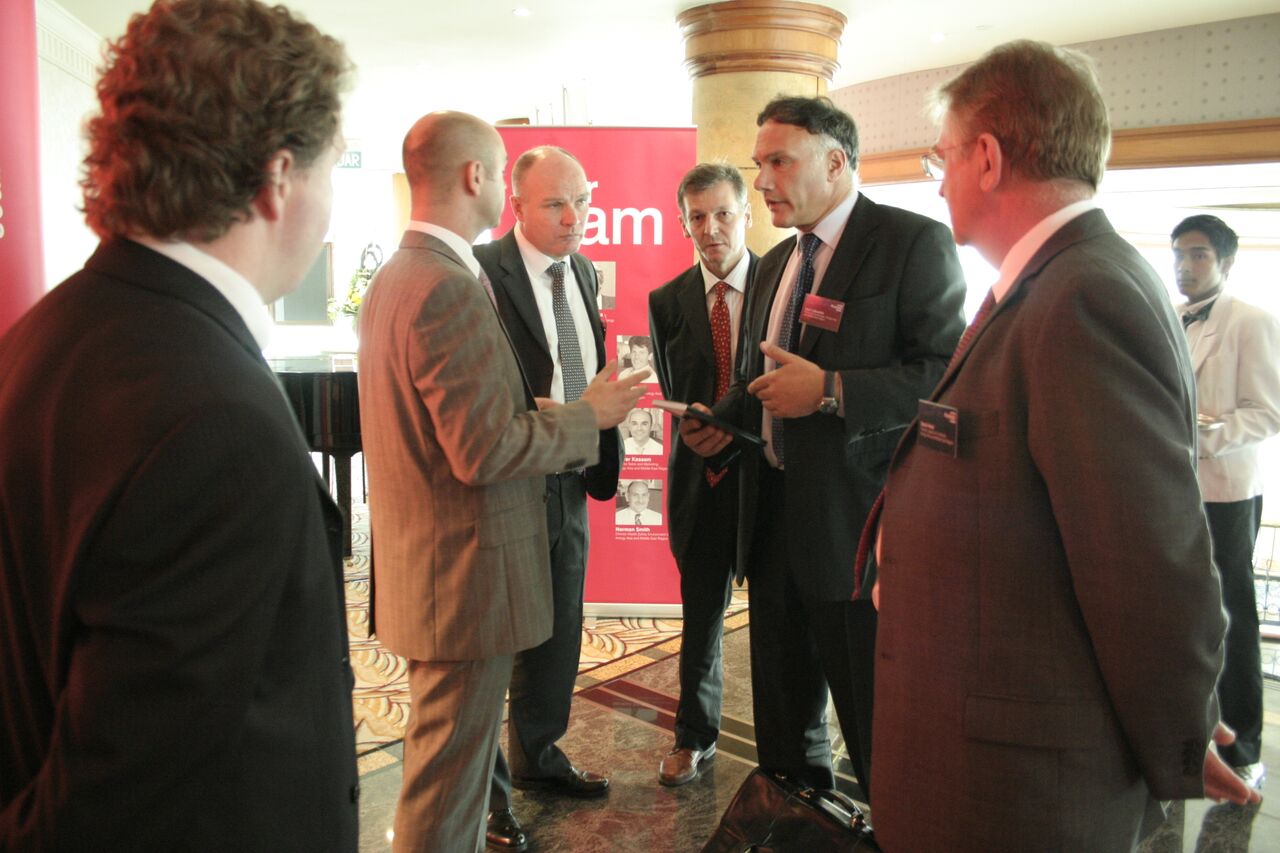

Its often said that its difficult or impossible to lead a broad change programme unless you have ‘life experience’.
The question is then begged ‘what do we mean by life experience’ and isn’t ‘being alive’ life experience in its own right?
For a headmaster at a well-known English ‘public’ (that is private 😊) school, his resumé boasts not one, but two rowing’s across the Atlantic.
Others might be more modest in their life experience, walking the Scottish Highlands, leading a soccer team or looking after a sick relative.
The point is, extending ourselves teaches us more about complex social interactions and above all, more about ourselves – our strengths, resilience and for sure, our own human weaknesses.
The Covid pandemic has certainly extended and tested us all and giving us ‘life experience’ we hadn’t anticipated.
It’s shown us:
The pandemic setting has developed all our emotional intelligence to act, manage and lead.
For a short video on how to recover from the pandemic, please see:
https://www.linkedin.com/feed/update/urn:li:ugcPost:6675714625671098368/

Its now acknowledged that high emotional intelligence is the foremost human measure of successful managers and leaders. Emotional intelligence is partly innate but many of the following are developed through life experience including the stress of the pandemic:
Self-awareness – recognising and understanding your moods, emotions and drives and their effect on others
Motivation– a passion to work for reasons that go beyond money or status, resilience, commitment and optimism
Empathy – understanding emotional makeup of others, cross cultural sensitivity

The driving force for change is mainly centred on technology and the ability to accelerate operations and communications. These include robotics, Artificial Intelligence (AI), internet and connectivity, machine learning, the power of data /analysis, technical research and social media platforms. No less important is the drive towards a clean environment and renewable energy, including wind power. Continued political upheaval, populism and combatting poverty worldwide are high drivers for change.
Coincidentally the UN recently developed a template for worldwide sustainable goals based on the need to balance technical excellence with support for the community and a sustainable environment, essentially taking ‘life experiences’ into experiences for a better life.
A lesson from Covid is that we should try and incorporate these sustainable goals into our business and projects. These will undoubtedly soon become a Kitemark of excellence for companies and governments around the world and are being adopted widely. For example, The Royal Institute of British Architects (RIBA) has done exactly that, adopting the UN goals into housing design, community living and city planning.
The Goals are grouped into 4 categories shown below - Human Rights, Labour Laws, Environment and Anti-corruption and Bribery.
Human rights
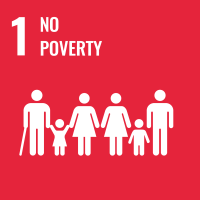


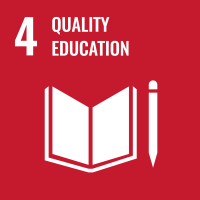
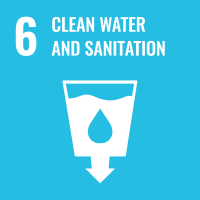
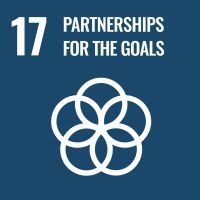
Labour laws
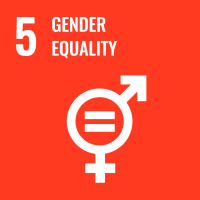
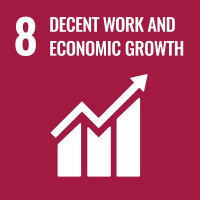
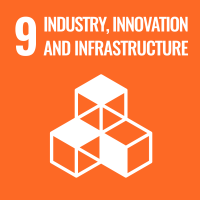
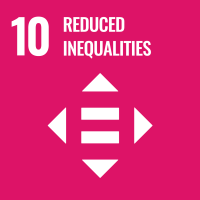

Environment
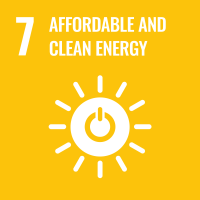
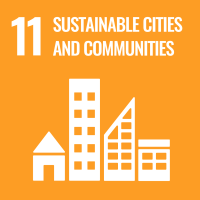
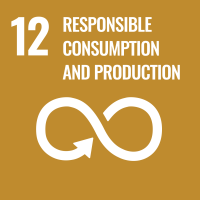
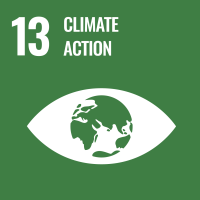
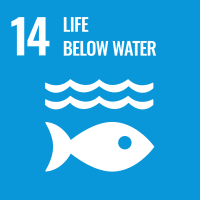
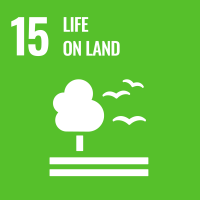

Anti-corruption & bribery


These goals form the blueprint for development and change worldwide. Whether you’re helping a country to industrialise, advising on a merger or acquisition or integrating new information systems. Whether you’re a corporate giant or SME – the UN goals apply.
Adversity is a great teacher
We shouldn’t need Charles Dickens to tell us that Adversity is a great teacher.
In the thick of the pandemic and locked down, we may question whether this is a ‘life experience’ we would naturally choose. We must salvage the learning and remember that Adversity is a great teacher. This Newsletter highlights how we might achieve a better balance.
Labovitch manages a range of projects from highly technical engineering and insurance in Europe and America, to agricultural development in Central Asia. We have adopted the UN goals to ensure our projects are both balanced and successful for our clients and stakeholders.
Wishing everyone strength, fortitude and stay safe.
Leon Labovitch is CEO of The Labovitch Consultancy www.labovitch.co.uk
The Labovitch approach to change is encapsulated in The Eight Pillars http://labovitch.co.uk/the-8-pillars-of-change/. A practical and tested method which works with clients to deliver rational and creative change
Strength for Change, Success for Transformation.
At The Labovitch Consultancy we are pleased to discuss any potential project with you even at the earliest stage. We will do so freely without cost or obligation but of course in the strictest confidence. Please Contact Us for more information.